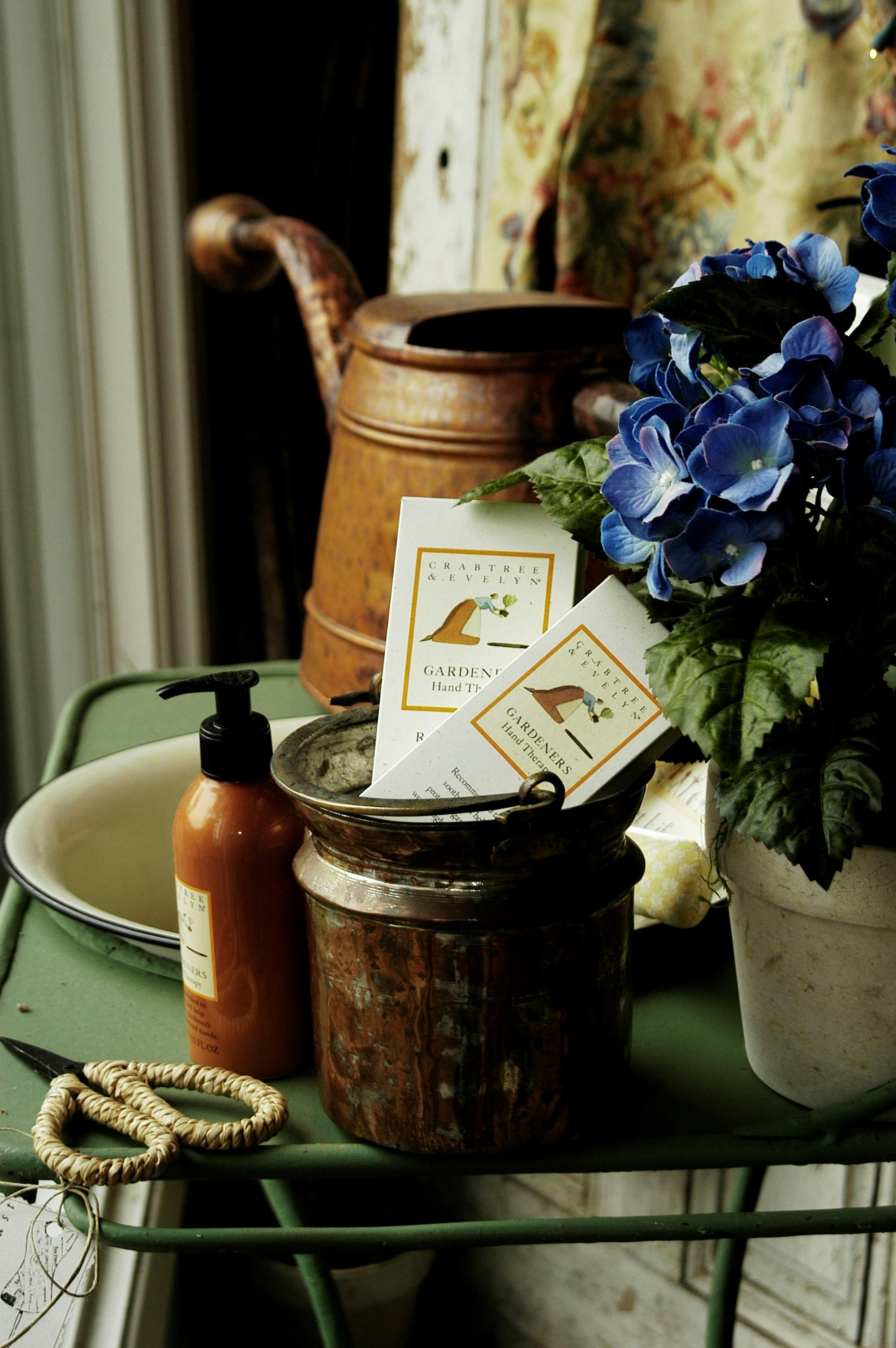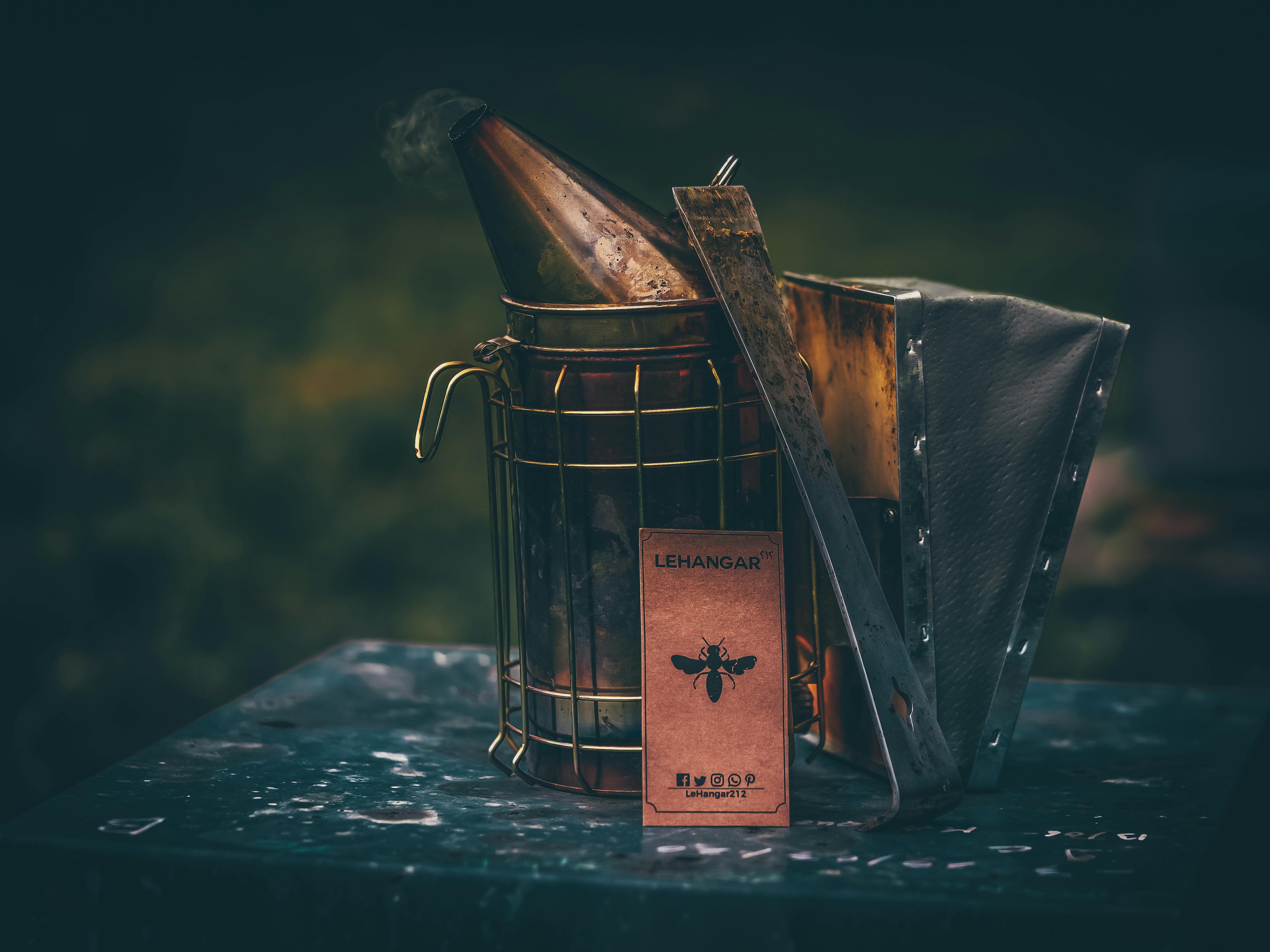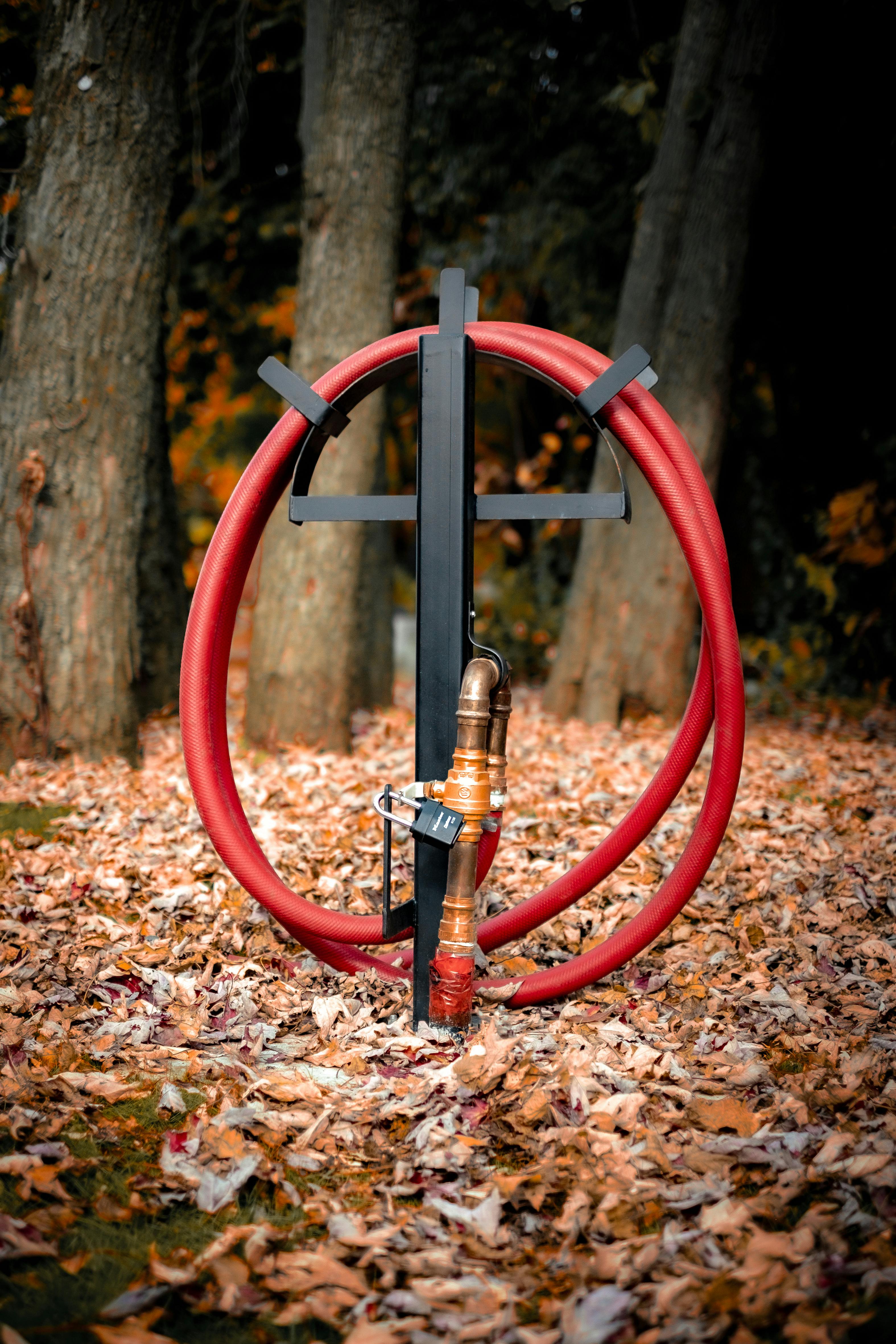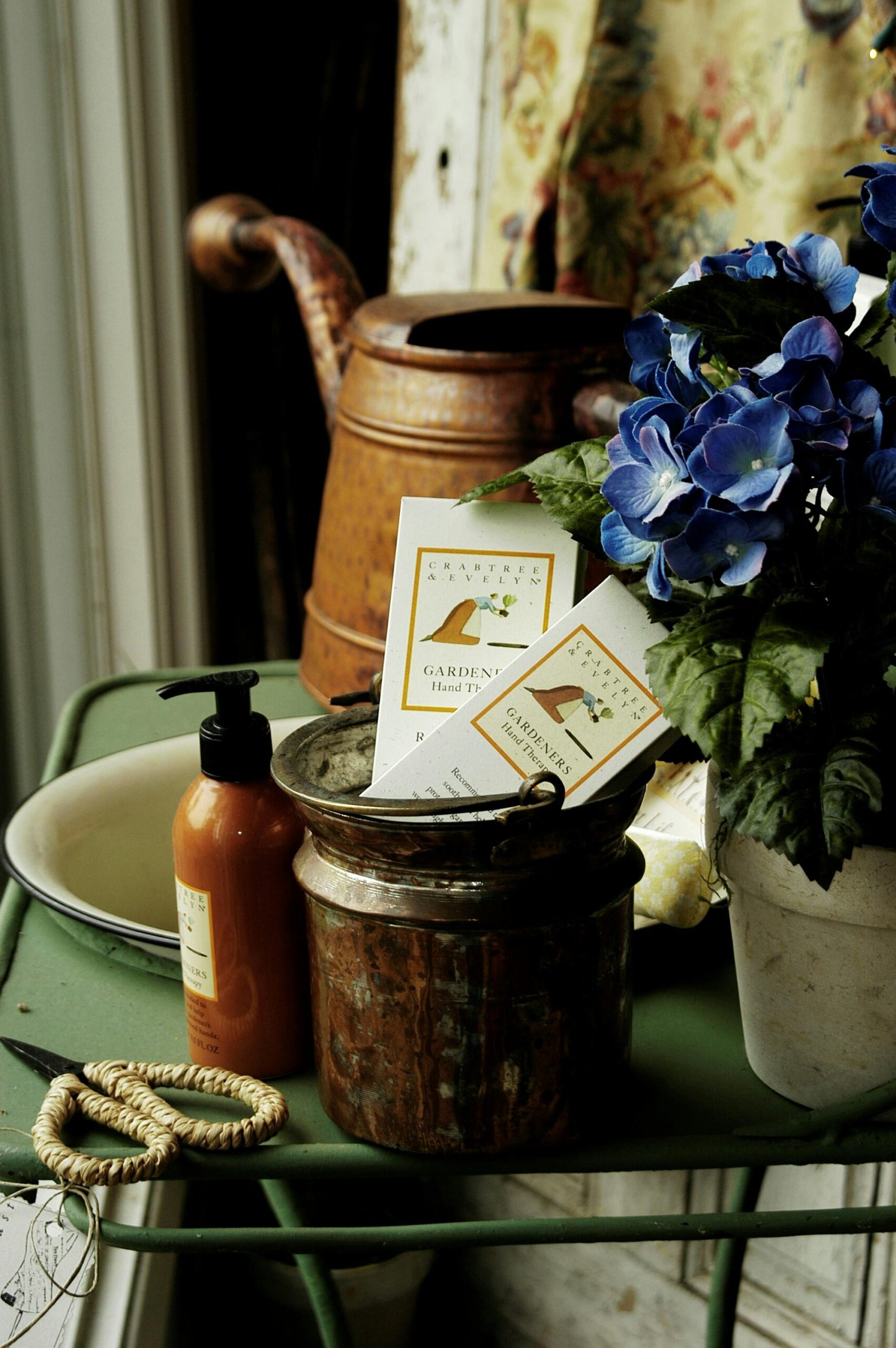The Ultimate Guide to Copper Gardening Tools
Copper gardening tools are making a powerful comeback in the world of horticulture. With their unique properties, aesthetic appeal, and practical benefits, these tools offer both amateur and professional gardeners a valuable upgrade. In this comprehensive guide, we’ll explore everything you need to know about copper gardening tools—from their origin and function to how to make the most of them in your garden.

Understanding the Fundamentals
At its core, copper gardening tools refer to hand tools made from copper or copper alloys. These tools have been historically used for their durability, beauty, and potential soil-enhancing properties. Once overshadowed by stainless steel alternatives, copper is now regaining popularity thanks to its many practical benefits.
Unlike traditional steel tools that rust over time, copper tools form a patina that protects them from corrosion. This makes them ideal for long-term use and eco-conscious gardeners. Think of copper tools as the heirlooms of the garden world—they last for generations and get better with age.
1.1 Natural Resistance to Corrosion
Copper tools do not rust. Instead, they develop a natural patina that shields the metal underneath. This means your copper gardening tools require less maintenance and remain beautiful year after year. A study on metal degradation shows that copper lasts significantly longer in moist environments compared to iron or steel.
This anti-corrosive property is especially valuable in wet climates or for gardeners who regularly water their soil. Unlike steel, copper won’t stain your hands or clothes with orange rust. One common misconception is that patina is a sign of wear—it’s not. It’s protection.
1.2 Soil Health Benefits
One of the lesser-known benefits of copper gardening tools is their impact on soil. When used consistently, copper has been shown to discourage slugs and snails—an organic method of pest control. Additionally, trace amounts of copper can benefit soil structure when used properly.
Unlike steel, copper does not disrupt the magnetic fields in the soil, which is thought to support healthier plant growth. Gardeners practicing biodynamic or organic gardening often prefer copper tools for this very reason. It’s a small change with measurable impact.
Practical Implementation Guide
Knowing the theory behind copper gardening tools is one thing—putting them to work is another. This section outlines practical strategies for integrating copper tools into your gardening routine and getting the most out of their unique properties.

2.1 Actionable Steps
- Start with Essentials: Begin with basic copper tools such as a trowel, hoe, or hand fork. These are the most used items and will give you immediate feedback on their benefits.
- Proper Cleaning: Rinse tools after each use and wipe dry. No oiling is required, unlike steel tools.
- Sharpen Periodically: Use a fine sharpening stone to keep edges crisp for cutting roots or slicing soil with ease.
2.2 Overcoming Challenges
While copper tools offer numerous benefits, there are a few things to be aware of:
- Cost: Copper gardening tools are often more expensive than their steel counterparts.
- Weight: Some tools may feel heavier due to the density of copper.
- Patina Surprise: New users may mistake the greenish patina for rust, which it’s not.
To mitigate these concerns, buy one tool at a time and gradually build your collection. Familiarity with the feel and weight will help you adapt. Experts suggest starting with a copper trowel or hand fork as they’re the most versatile.
Advanced Applications
Once you’ve mastered the basics, copper gardening tools can offer even more. From professional-grade landscaping to urban permaculture, these tools scale beautifully with your gardening ambitions. Let’s dive into their advanced uses and integrations.

3.1 Precision Soil Conditioning
Experienced gardeners use copper tools for deep soil aeration and root zone conditioning. These methods improve nutrient absorption and promote robust root systems. A German case study showed that biodynamic farmers using copper hoes reported a 12% increase in root yield across several crop cycles.
Performance metrics suggest that copper’s low soil disturbance also enhances microbial activity, which is critical for organic growth systems.
3.2 Integration with Permaculture Systems
Copper gardening tools are an excellent fit for permaculture practices. Their durability, sustainability, and low-maintenance nature align perfectly with the long-term thinking of permaculture. They’re also favored for their minimal soil disruption and low environmental impact.
In community gardens or farm-to-table operations, copper tools reduce the frequency of replacements and repairs—an economic win.
Future Outlook
The future of copper gardening tools looks promising as more gardeners seek sustainable and effective options. Innovations in alloy blending, ergonomic design, and tool versatility are on the horizon.
With the rise of eco-conscious living, copper tools are poised to become the gold standard (pun intended) of gardening. Gardeners who invest today will likely find themselves ahead of the curve in 3-5 years.
Conclusion
To recap, copper gardening tools offer a unique blend of longevity, sustainability, and performance. They improve soil health, resist rust, and add an elegant touch to your gardening routine.
Ready to make the switch? Start with a basic tool and experience the benefits firsthand. Your garden—and future self—will thank you.
Frequently Asked Questions
- Q: What are copper gardening tools? Copper gardening tools are implements made from copper or copper alloys, known for their anti-corrosive properties and soil health benefits.
- Q: How do I start using copper tools? Begin with a simple tool like a trowel. Use it regularly and observe how it feels compared to steel tools.
- Q: How much time does maintenance take? Very little. Just rinse and dry your copper tools after use. Sharpen occasionally as needed.
- Q: Are copper tools expensive? Yes, they cost more upfront, but their longevity often offsets the initial investment over time.
- Q: How do they compare to stainless steel tools? Copper tools resist corrosion, add trace minerals to the soil, and require less maintenance, but are generally heavier and pricier.
- Q: Are copper tools difficult to use? Not at all. They’re slightly heavier but otherwise function the same or better than typical garden tools.
- Q: Are there industry-specific uses for copper tools? Yes, they’re especially popular in organic and biodynamic farming due to their low magnetic interference and soil benefits.
